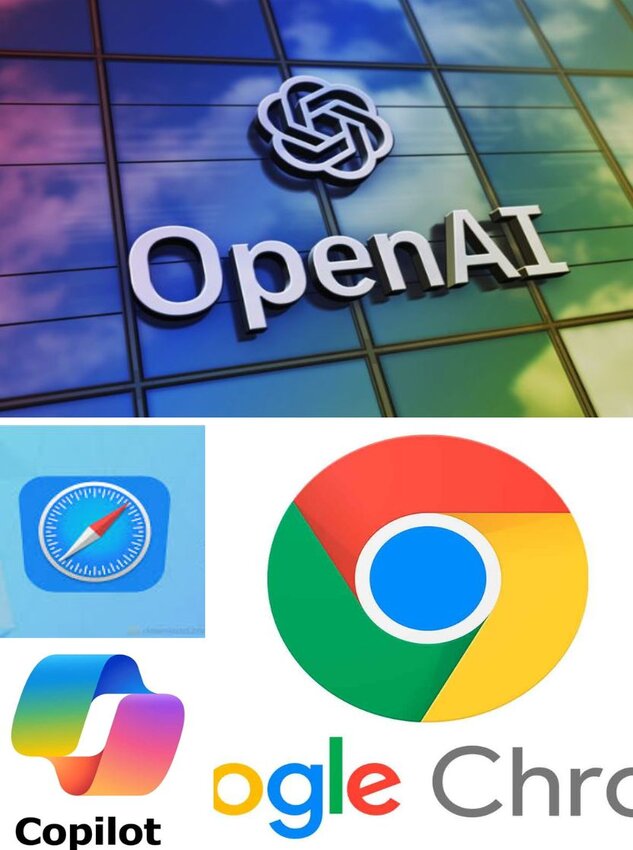OpenAI, the brain behind the artificial intelligence chatbot ChatGPT, is considering leveraging its over 400 million weekly users to build AI-powered web browser.
Although no official release date has been announced, the move is seen as a direct challenge to Google Chrome, a browser owned by Alphabet, which has dominated the browsing space for decades.
Access to User Data
The planned AI-powered browser is expected to give OpenAI direct access to millions of users’ data – a comparative advantage Alphabet has exploited for years, turning data into a money-spinning, monopolistic venture. Chrome, according to reports, contributes almost three-quarters of Alphabet’s ad business revenue.
Why Data Matters for OpenAI
Alphabet uses data from its over 3.45 billion Chrome users to tailor targeted advertisements more effectively and profitably across its platforms, including routing search traffic to its own engine (Google) by default.
OpenAI may find it challenging to immediately displace Chrome from the market, but insiders say the early launch of its browser could put Google on high alert.
Chrome currently holds more than two-thirds of the global browser market, according to analytics firm StatCounter. Apple’s Safari, in second place, holds just 16% of the market share.
OpenAI revealed in June that it had 3 million paying business users for ChatGPT.
How OpenAI’s Browser Will Work
Currently, OpenAI includes external links to web searches made within ChatGPT. But the new AI-powered browser will reportedly retain users within a native ChatGPT-like interface, according to Reuters.
OpenAI’s Continued Expansion
The company isn’t just eyeing the browsing space – it’s also expanding into hardware. For instance, in May, it paid $6.5 billion to acquire “io,” an AI device startup founded by Apple’s former design chief, Jony Ive.
Founded in late 2015 by Sam Altman, Elon Musk, and nine other tech entrepreneurs, OpenAI reshaped the artificial intelligence landscape in November 2022 with the launch of ChatGPT – prompting Google and other tech firms that had secretly been working on AI to rush their products to market.
Since ChatGPT entered the scene, X has launched its own chatbot, Grok (November 2023); Microsoft followed with Copilot (February 2023); Google released Gemini (formerly Bard) released to the market in March 2023; and more than a dozen other contenders have joined the race.


